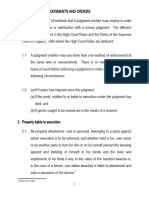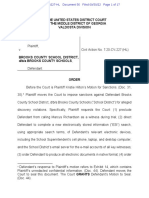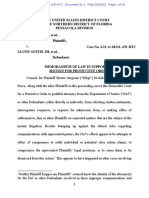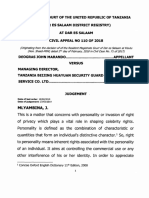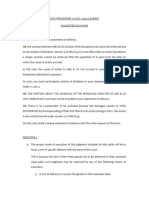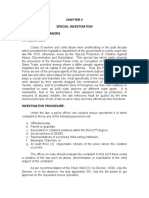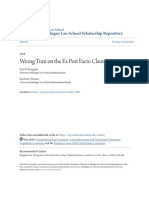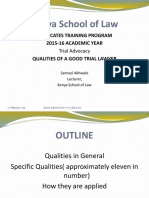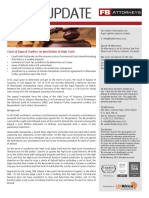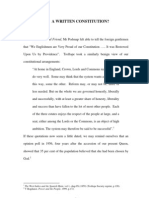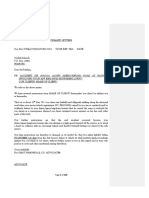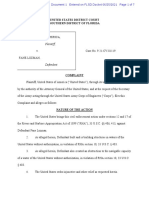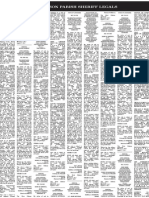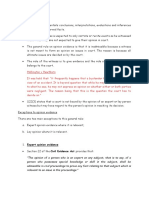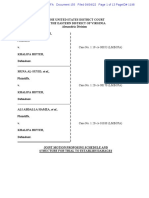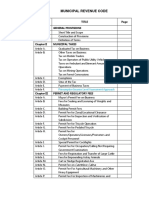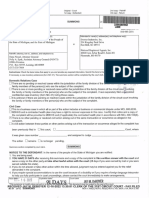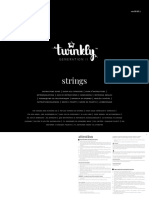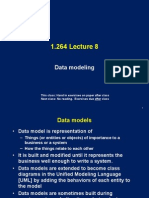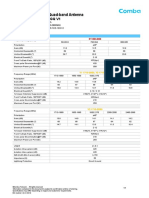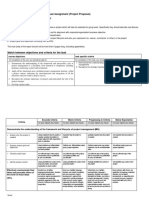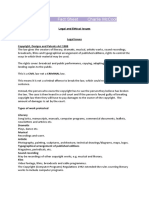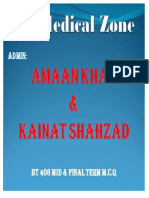0% found this document useful (0 votes)
205 views8 pagesLaw of Evidence Lecture Notes.
The document summarizes key points about legal privileges from Chapter 6 of the Evidence Act. It discusses how privileges allow witnesses to refuse disclosure of certain information, such as communications between spouses or doctors and patients. It provides examples of privilege and explains that privileges are meant to protect public policy interests like privacy, fundamental rights, and state security. The chapter of the Evidence Act covered in the document addresses the circumstances under which privileges can be claimed.
Uploaded by
ISAAC ADUSI-POKUCopyright
© © All Rights Reserved
We take content rights seriously. If you suspect this is your content, claim it here.
Available Formats
Download as PDF, TXT or read online on Scribd
0% found this document useful (0 votes)
205 views8 pagesLaw of Evidence Lecture Notes.
The document summarizes key points about legal privileges from Chapter 6 of the Evidence Act. It discusses how privileges allow witnesses to refuse disclosure of certain information, such as communications between spouses or doctors and patients. It provides examples of privilege and explains that privileges are meant to protect public policy interests like privacy, fundamental rights, and state security. The chapter of the Evidence Act covered in the document addresses the circumstances under which privileges can be claimed.
Uploaded by
ISAAC ADUSI-POKUCopyright
© © All Rights Reserved
We take content rights seriously. If you suspect this is your content, claim it here.
Available Formats
Download as PDF, TXT or read online on Scribd
/ 8







